The claim that high volumes of exports by China's new energy industries indicate overcapacity is baseless and goes against both common sense and the available evidence, said Chinese government officials and market watchers.
Dismissing some Western countries' "China overcapacity" narrative, Ding Weishun, deputy director of the department of policy research at the Ministry of Commerce, said that global trade develops from different nations' comparative industrial advantages, shaped by factors like resource endowment, technological accumulation and development trajectories.
According to market economic principles, in the context of economic globalization, supply and demand issues should be considered globally rather than solely within one country, said Ding. The modern global economy has various local economies intertwined to form an indivisible whole where production and consumption are global, requiring supply and demand to match and adjustments on a worldwide scale, he said.
For instance, developed countries such as the United States, Germany and Japan have long exported a large share of their products worldwide. About 80 percent of U.S.-made chips are exported, 50 percent of Japanese cars are sold overseas, and nearly 80 percent of Germany's auto output is shipped to foreign markets, data from the Commerce Ministry showed. In contrast, China's new energy vehicle exports constituted only about 12.7 percent of its total production in 2023.
According to research by the Paris-headquartered International Energy Agency, to achieve carbon neutrality goals, annual global sales of new energy vehicles need to reach about 45 million units by 2030. This is more than three times the global sales in 2023, far exceeding the current global supply capacity.
Liu Qian, associate dean of the Emerging Markets Institute, Beijing Normal University, said that from a global market perspective, confining the balance of supply and demand within a single country undermines the principles of economic globalization.
Equating a country's export of advantageous products to "overcapacity" essentially denies the objectivity of comparative advantages and the rationality of international division of labor, said Liu.
Similar views were expressed by Chen Wenling, chief economist at the Beijing-based China Center for International Economic Exchanges. "Currently, there is no universally accepted standard or method for assessing 'overcapacity' among countries worldwide."
Chen said that measuring overcapacity should not be simply based on capacity utilization rates. It requires considering a variety of factors including the characteristics of the industry, market cycles, product prices, corporate profitability and growth potential, as well as a comprehensive analysis that includes both domestic and international markets.
Noting the advancement of Chinese electric vehicles and their popularity in many Arab countries, Ahmed Fahmy, head of the League of Arab States' China representative office, said the production capacity is determined by market demand and free trade is essential.
As global production capacity is currently insufficient to meet the needs of economic recovery, the "China overcapacity" narrative is overly exaggerated, he said.
Zhao Feng, president of SAIC Motor-CP Co Ltd, a joint venture founded by Chinese automaker SAIC Motor Corp and Thailand's CP Group, said the company will produce 12,000 electric vehicles in its factory in Chonburi province, Thailand, this year.
"These moves have brought competition in the Southeast Asian country, giving Thai consumers more choices," said Zhao, adding the local job market and the EV industry chain can also be boosted by Chinese investment in Thailand.








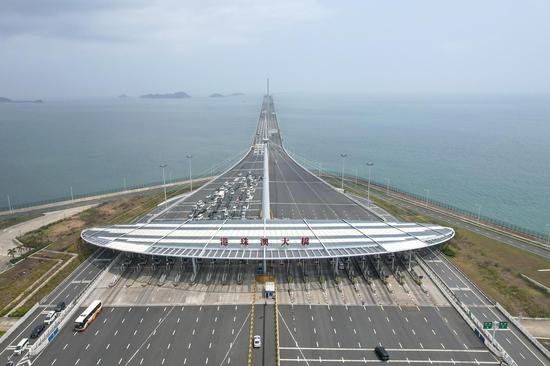

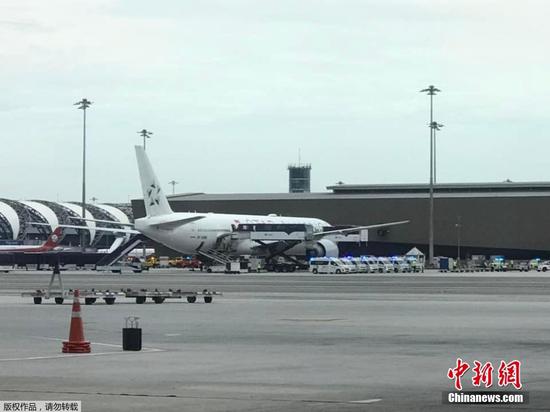

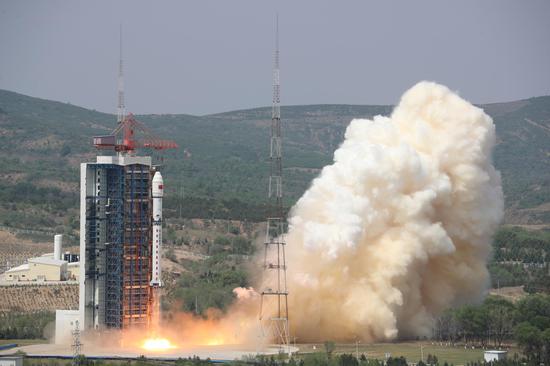
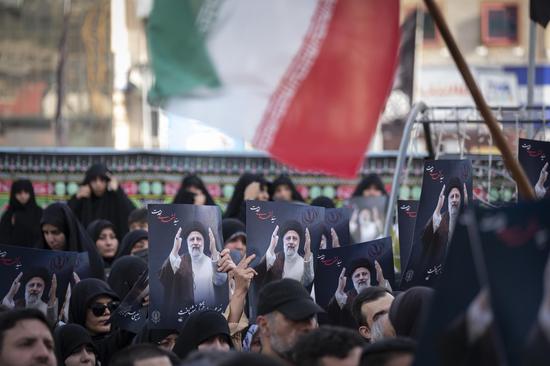
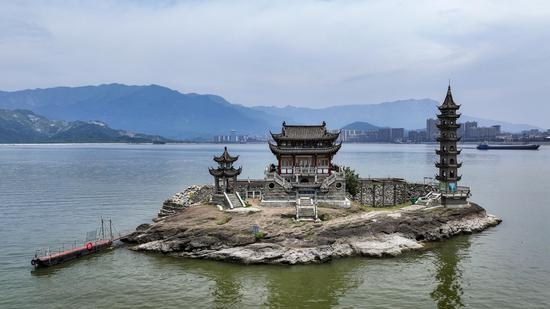
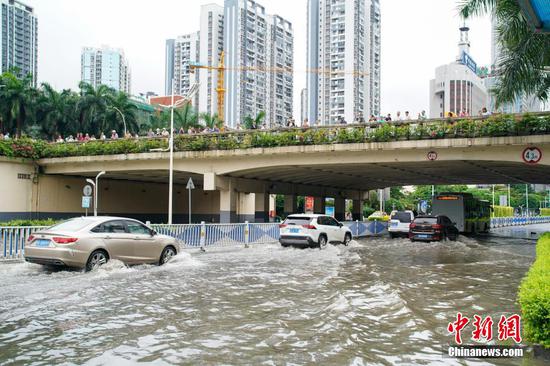



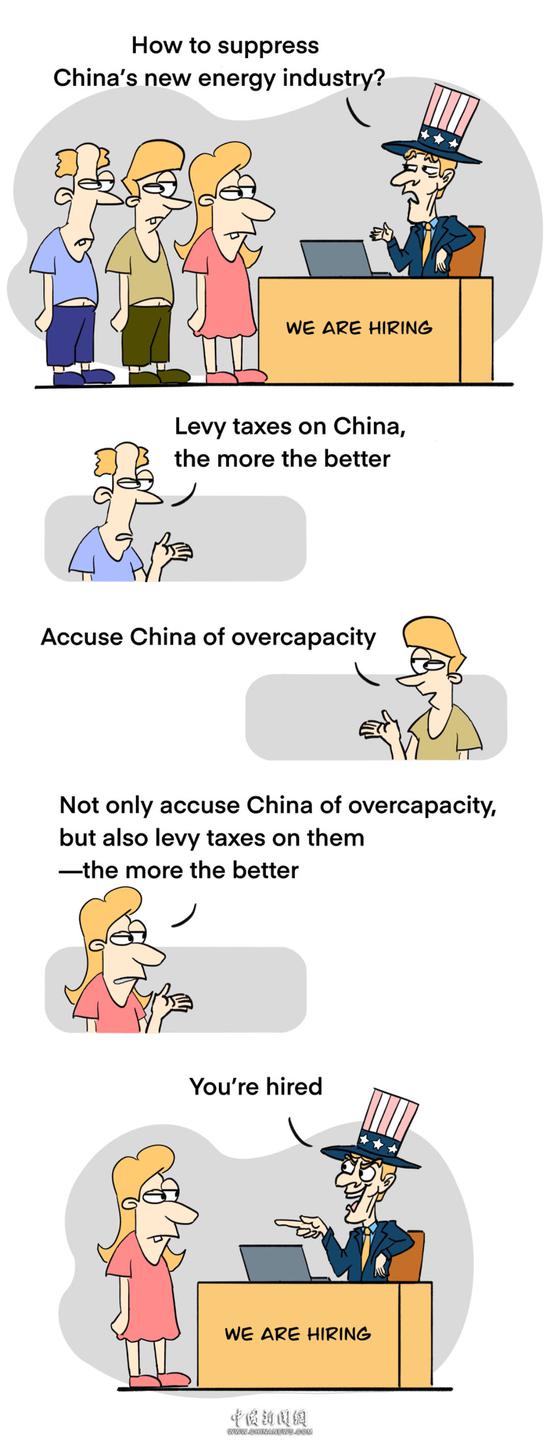

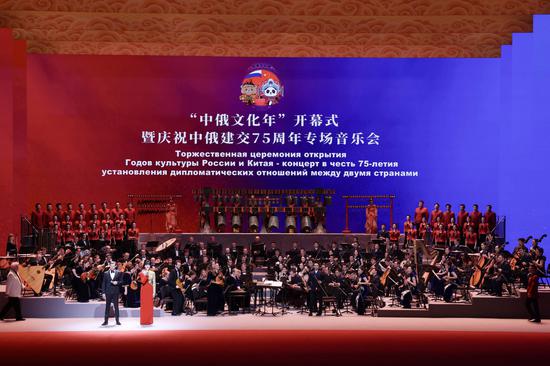


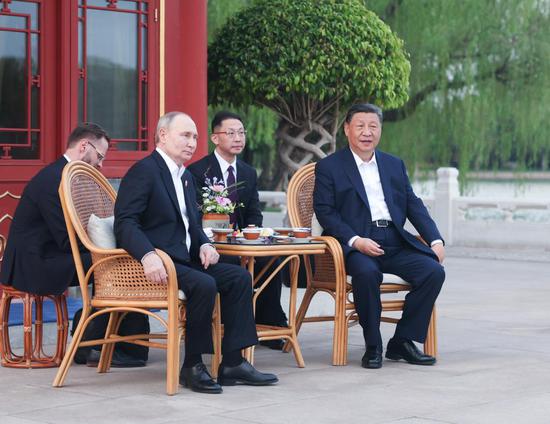
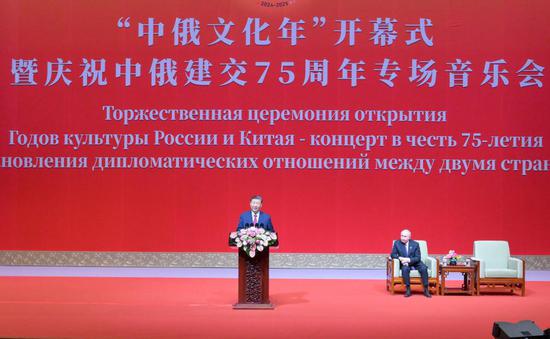
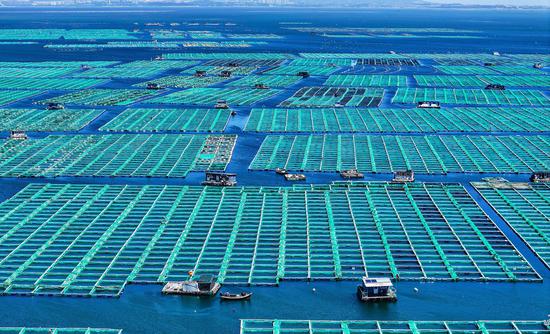





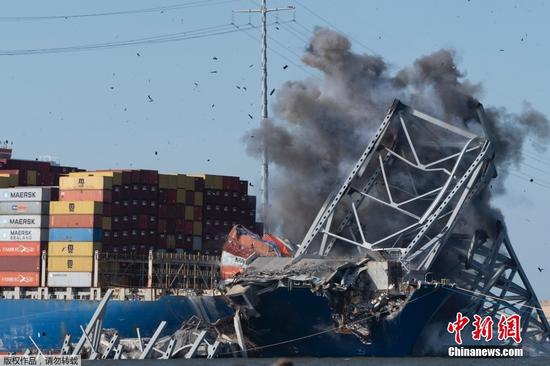





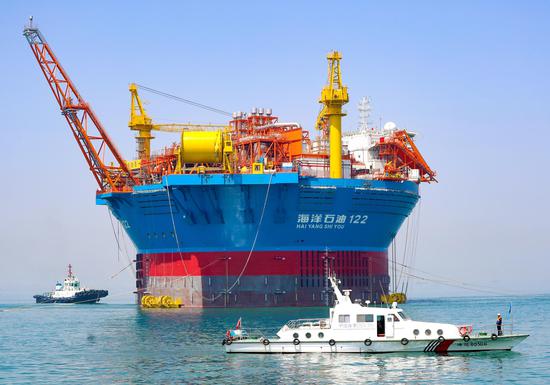
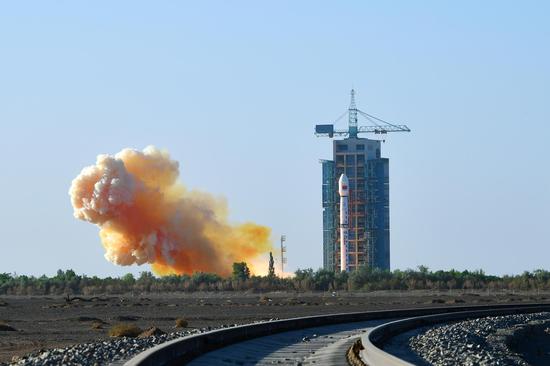


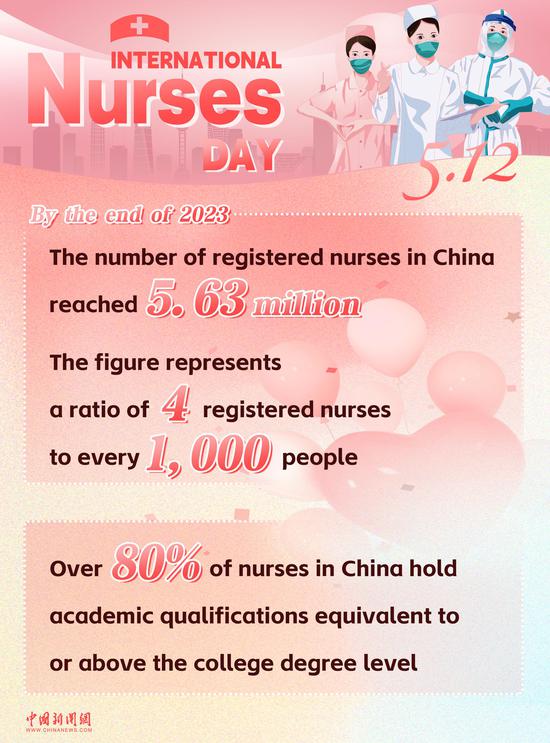

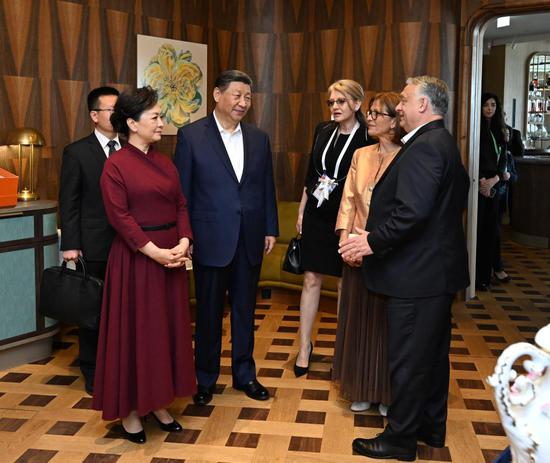





 京公网安备 11010202009201号
京公网安备 11010202009201号